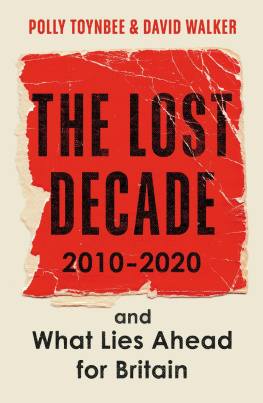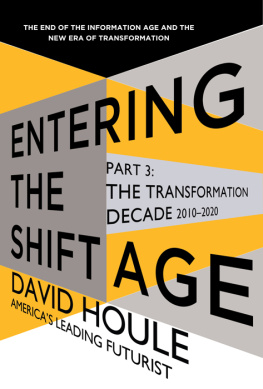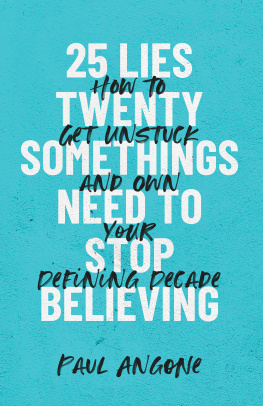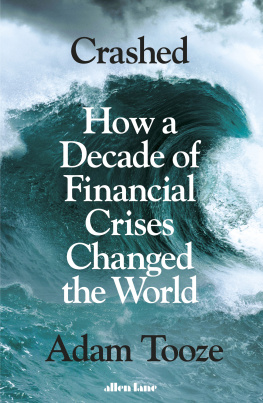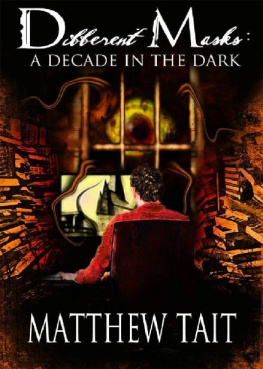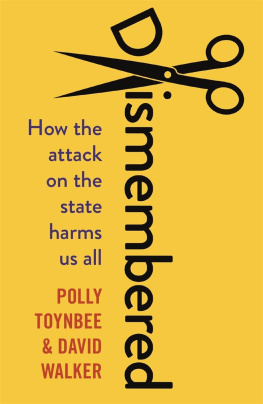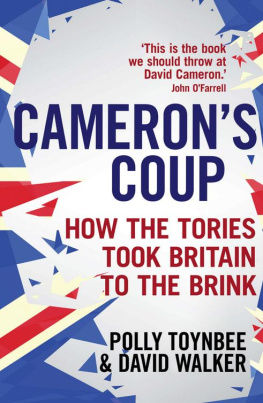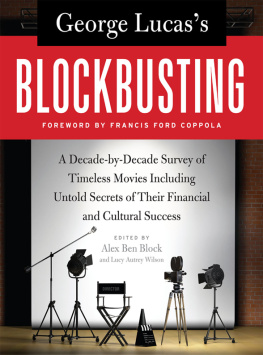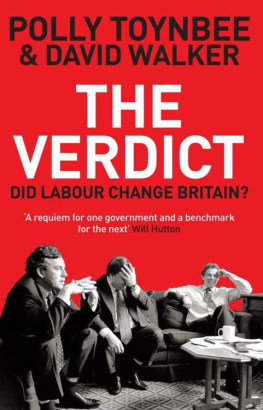The Tory triumph in the 2019 general election, the fourth election within ten years, bookends their assumption of power in 2010, but for many it means that the pain and dismay of the lost decade from 2010 to 2020 will extend long into the 2020s. During the campaign, Boris Johnson grandly pronounced the end of austerity but said nothing about repairing the damage done; he was highly selective about which cuts might be partially restored and who would receive his largesse. The UK economy is in trouble, financial sustainability under threat. It may be only a matter of time before his government resorts, again, to slash and burn.
Thats one reason we need the social accounting offered here. Another is that during Brexit and political party turmoil, amnesia was deliberate, with the past rewritten. Heres our bid to fill the role of recording angel. We cant understand what is happening now unless we consider all that led up to it. Such is the volatility of contemporary politics that much may have changed between the time this book went to press in December and you reading it. But we are not primarily concerned with the charivari of Westminster, the turmoil, deep-dyed cynicism and crass opportunism of parliaments. Our book records the effect of what the government did, what it spent and cut and who suffered as a result, how attitudes and sensibilities change, sometimes at pace, sometimes glacially.
We have tried to track the past decade methodically: employing statistics where appropriate; listing what was enacted and what was delivered; and presenting vignettes of the lives, experiences, attitudes, emotions and responses of people we talked to around the country. References and sources for our facts and figures are listed at davidwalkerassociates.wordpress.com.
Our 2010 book The Verdict: Did Labour Change Britain? measured the Blair and Brown years. We used it to benchmark what Tory ministers inherited. Here we record the fate of Sure Start, social security, inequality, the legal system, defence and support for research and industry. The decade from 2010 to 2020 saw a drive to renew and harden Tory anti-state, anti-tax individualism, testing them to destruction. The core beliefs of most of those around Johnsons Cabinet table were nurtured in Thatcherism, though much was opportunistically suppressed in the 2019 election to stay in power.
The decade was dark and fractious; will the next one be the same? Perhaps not. Empirical reality may force the adoption of more progressive policies. Electoral and practical necessity demands spending and repair to popular services, from social care to police and potholes. The climate emergency, demography and ageing, new technology: these are unstoppable, and require an active, interventionist state. Meanwhile, attitudes on gender, inequality and diversity will go on liberalising. Challenges from Russia and China, let alone any practicable Brexit settlement, make mending a broken foreign policy essential. This book is both a spur and a reminder of all that was lost and all that needs reclaiming after the lost decade.
What happened will scar the rest of our lives. Beyond the Brexit rupture, austerity will ricochet down the years ahead. The phalanx of predominantly older people who powered the 2016 referendum vote will pass on, but their works will outlast them. An April 2019 survey by the Hansard Society found 56 per cent of the general public judged Britain to be in decline, expressing a defeated hopelessness that jarred with both the patriotism promised at the start of the Brexit campaign and the restoration of national fortunes promised as a reward for belt-tightening. Just before he died, the poet Geoffrey Hill, with David Bowies disappearance in mind, saw the spirit of the nation sinking low.
This was a decade of lost time when it came to the pressing national tasks of cutting carbon emissions, renewing roofs and railways, boosting technical skills and refitting national defence with cyber-capacity, or preparing for our inevitable ageing. It was a decade of hard work and lost earnings: real wages, adjusted for inflation, dropped by 5 per cent. The escalator that had carried successive generations to higher levels of affluence jerked, then stopped. Twenty- and thirty-somethings were worse off than their parents had been at the same age; ubiquitous avocado on toast was a myth, and many were still forced to live with their parents because they couldnt afford to move. People in their forties and fifties were worse off than people of the same age used to be. Such a prolonged period of stagnation had not been seen since wartime, perhaps even the Napoleonic era. But those at the top saw their pay rise, massively.
It was certainly a good time to have a few bob. During hearings at the European Parliament, the whistleblower who exposed the 200 billion money-laundering scandal at Danske Bank said that the UK was getting worse at combating corruption, letting limited liability partnerships be abused; UK shell companies were the preferred vehicle for non-resident clients, some linked to Putin and the Russian kleptocracy. Access to ministers was openly sold in exchange for party donations. It was fitting that oligarchs were made welcome in our oligarchy. David Cameron created new peers faster than any of his predecessors: membership of the House of Lords grew to 793. The only other countries with larger second parliamentary chambers were the Peoples Republic of China, Kazakhstan and Burkina Faso.
Who were we? The question forced itself more urgently than at any time since Great Britain was melded together in the eighteenth century. England, Wales and Scotland went their different ways in 2016. The Irish question was exhumed from the shallow grave where it had rested in relative peace for twenty years, to dominate politics in a way William Ewart Gladstone might have recognised. If Brexit was nationalism in action, whose mish-mash of myth, legend, history and wishful thinking as one historian defined the -ism was it? Together with austeritys destruction of public spaces and services, Brexit sharpened differences and distances, stretching the gaps between places, classes and ages, between degree-holders and those who had not gone to college, feeding mutual contempt and a growing suspicion that we no longer shared the same mental or moral space as our physical neighbours. At least we agreed we disagreed: three-quarters of the population thought Britain more divided. The country had been cleft.
Us and Them
A television crew from the BBC which itself suffered a meltdown of editorial control and journalistic self-confidence went to Merthyr Tydfil to portray the Brexit Partys astute use of social media. When they tried to film a Nigel Farage rally, burly men approached the camera. Not wanted here, they growled. British Broadcasting Conspiracy, left-wing scum, then something unintelligible about mainstream media, that cod phrase of the Trumpites and their British analogues. This was Welsh leavism, brutish and threatening, far from Nye Bevans green-valley socialism.
But this story was about a cultural disconnect. The day after the encounter was broadcast, the Welsh government decreed that parents would no longer be permitted to hit their children. As in Scotland, smacking would be assault. Here was a parallel Welsh trajectory, this one revealing that around those burly Merthyr leavers social norms were continuing to liberalise. In which direction lay the future? By 2020 the signposts were pointing confusingly to more Toryism, but of a social democratic bent: Plaid Cymru on the rise; more Welsh language; remain improving in the polls; the Welsh economy fragile, as symbolised by the huge uncertainty over the Port Talbot steel plant, its government more dependent than ever on grants from Westminster.

